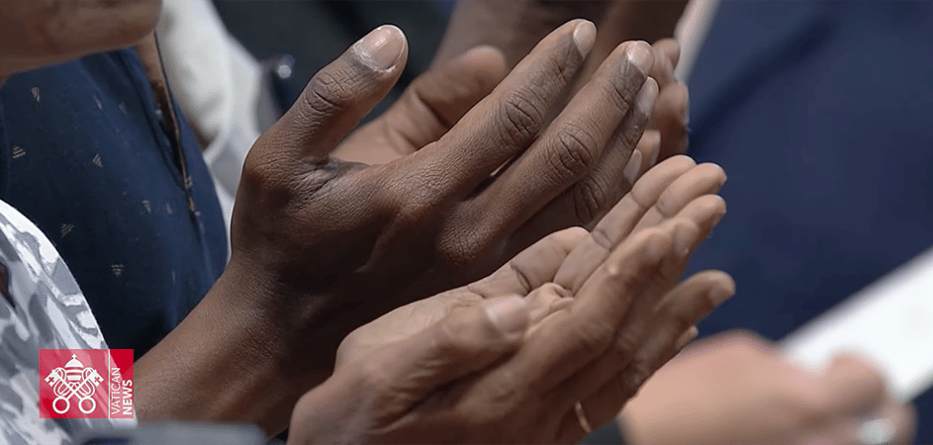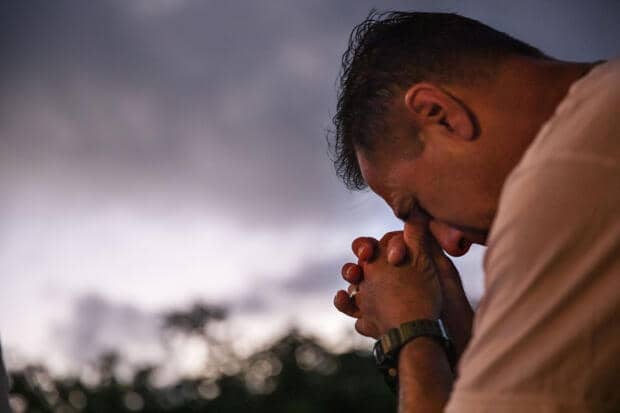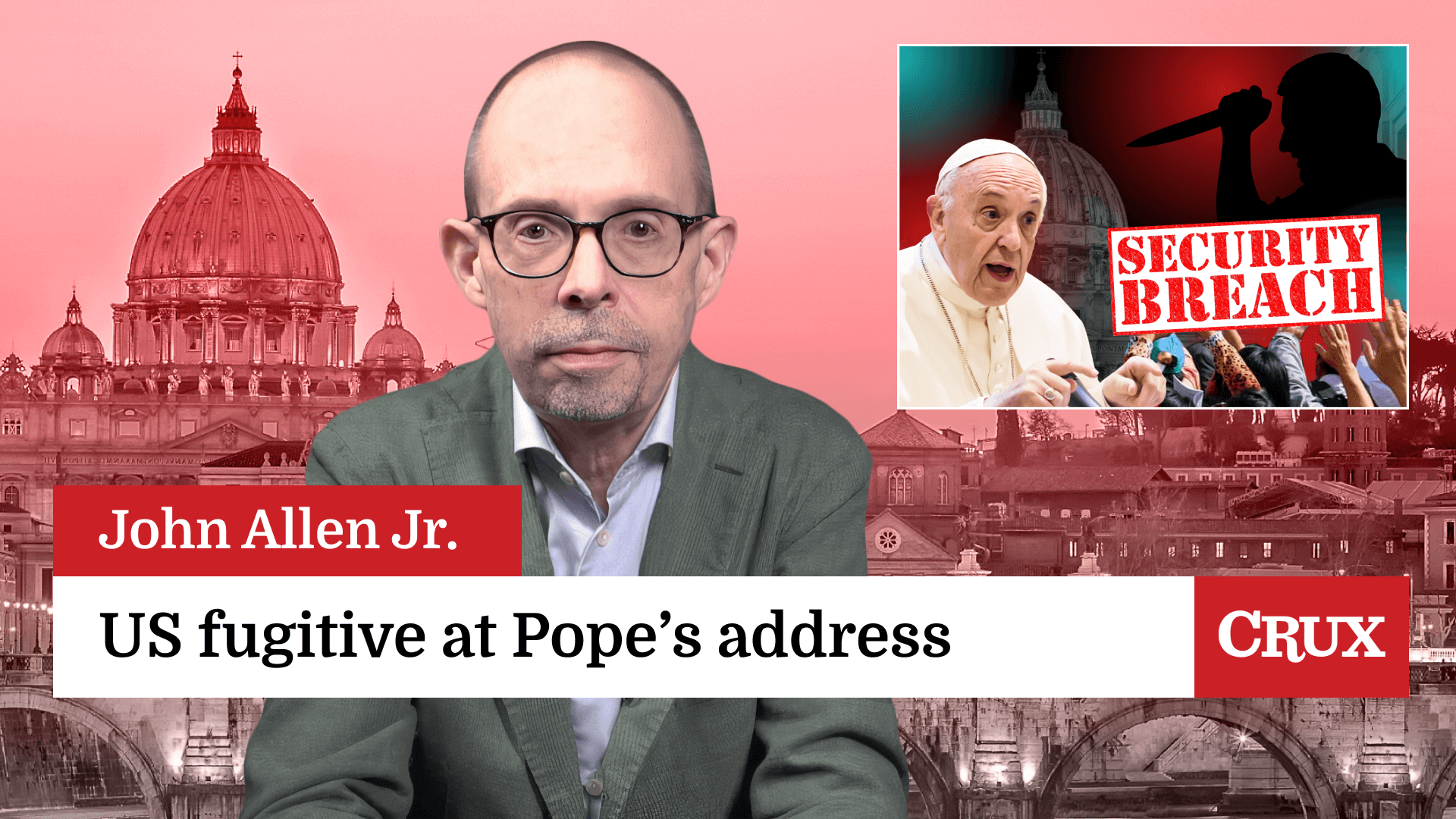This weekend, we have a curve ball thrown to us in the liturgy of the Church. The Nativity of Saint John the Baptist trumps the usual Sunday of Ordinary Time. With so many feasts and solemnities, and the twists of the calendar this year, it feels like Ordinary Time is being swallowed up, and – honestly – its casual flow is missed.
Yet, the Nativity of the Baptist is a pretty big deal, and it holds some urgent lessons for believers today. What’s contained in this tutorial? Why is it that this solemnity supersedes our regular Sunday?
The biblical narrative tells us that Saint John was miraculously born to a woman who was barren. She and her husband were of advanced age. It was an era of political disappointment and social instability. And yet, an angel appeared and announced John’s conception.
While John was in the womb, he heard Mary as she visited his mother, and the unborn Baptist leaped for joy over the voice of Mary and the presence of the unborn Jesus in her own womb. Our spiritual tradition calls this the first Eucharistic Adoration, namely, the Baptist was worshipping the Son of God whose presence he knew although he couldn’t see him.
It’s taught by sacred tradition that at the moment of this adoration, Saint John was washed of all sin. It’s argued that this early and unique redemption was given to the Baptist so that he could faithfully fulfill his vocation as the last Old Testament prophet and the immediate precursor of Jesus as the long-awaited Messiah.
And so, an angel, a miracle, some jumping around, and a prevenient redemption all occurred and were given so that one person could fulfill the mission given to him. And he did it faithfully, creatively, and well.
Of all the lessons that this noble solemnity can give believers today, this is one of the more pressing. At a time when so many believers appear to have succumbed to lukewarmness, tepidity, and an overall existential boredom of soul, the zealous witness of Saint John the Baptist pokes, provokes, and can propel believers into a greater love and deeper devotion to the demands of discipleship.
With the high charge and dynamic energy of the Gospel available to all, why is it that so many Christian believers look so spiritually exhausted, and are unmotivated to sacrifice for God and spread his kingdom of reconciliation, hope, and peace?
The question is not new. It was first raised in the contemporary era by the Fathers of the Second Vatican Council. Various answers were proposed, but – more importantly – a renewed mission was given.
Echoing the Great Commission of the Lord Jesus, the Fathers wrote: “The Council, then, makes an earnest plea in the Lord’s name that all lay people give a glad, generous, and prompt response to the impulse of the Holy Spirit and to the voice of Christ, who is giving them an especially urgent invitation at this moment. Young people should feel that this call is directed to them in particular, and they should respond to it eagerly and magnanimously.
“The Lord himself renews his invitation to all the lay faithful to come closer to him every day, and with the recognition that what is his is also their own they ought to associate themselves with him in his saving mission. Once again he sends them into every town and place where he himself is to come.”
In summary, the Council Fathers are commissioning, empowering, and pleading with the Christian faithful to take up the mantle of the Gospel and go into the world in order to share the Good news and spread the kingdom of God.
Pope Blessed Paul VI echoed this summons. Pope Saint John Paul II called us to live it without fear and gave us a rich catechesis about the role of all people in the mission of the Church. Pope Benedict XVI continued this teaching and Pope Francis has radically made this work his own.
Pope Francis has made the vocation of the Christian faithful to the world the heart of his pontificate. Picking up, and in some ways dusting off, the words of the Council Fathers, he has given the command to live and share the Good News a compelling push, a witness, a warm smile, and unequivocal commands to “make a mess,” “know the smell of the sheep,” “get your hands dirty,” “be good to those who cannot repay you,” and in a loud voice against the darkness, greed, and suffering of the world, “God is stronger.”
As in the life of Saint John the Baptist, Pope Francis is calling us to see the words and deeds, miracles, and actions of God in us and around us so that we can fulfill our vocation and the mission given to each of us.
As Saint John beautifully lived up to his call and gave an acceptable offering to God, so each of us are reminded on this high feast day to abandon the comfortable and compromised ways of living, stretch ourselves, and to generously do all that the Lord asks of us.

















